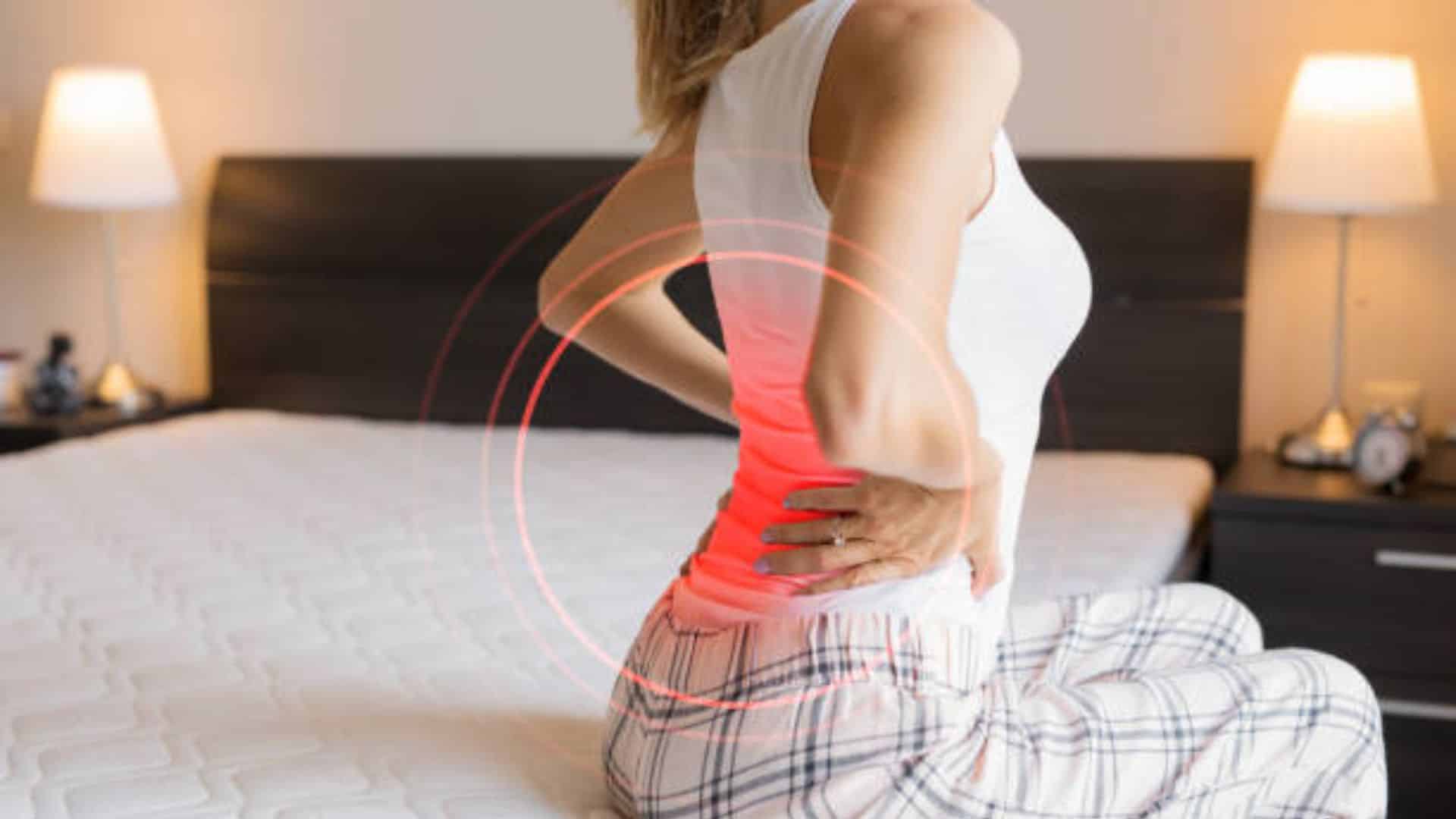Can a Hernia Trigger Back Pain?

This holiday season is the best time of joy, celebration, and, unfortunately for many people, back pain. You may suffer from hernia if you are among the unlucky ones experiencing back pain during the holidays and beyond.
Read more: How To Prevent Back Pain While Decorating for the Holidays?
A hernia occurs when an organ or fatty tissue squeezes through a weak spot in the abdominal wall muscles. Hernias can occur in many body areas, including the abdomen, chest, groin, and upper thigh. Depending on the hernia’s location, it may cause back pain or discomfort in both the lower and upper back.
Read on to understand how hernias can cause back pain and what you may do to address it.
How Does Hernia Occur, and What Are the Symptoms?
The abdominal wall comprises muscles, and the inner lining is called the peritoneum. When a weak area develops in these muscles, it can cause a hernia—a bulge that comes through the abdominal wall and causes pain and discomfort.
A hernia may occur due to age-related changes, the strain on abdominal muscles during pregnancy or childbirth, or injury. It can be visible when you strain, stand up or lift heavy objects. Symptoms of a hernia include:
a) Pain in the abdomen or groin
b) Tenderness in the area
c) Burning, aching, or a feeling of pressure in the abdomen
d) Visible lump when standing or straining
e) Nausea and vomiting
f) Constipation
g) Weakness.
How Can Hernia Cause Back Pain?
Here are some types of hernia that can cause back pain:
1. Inguinal Hernia:
This type of hernia occurs when a minor portion of the intestine protrudes through the lower abdominal wall into the groin area. It typically causes pain in the abdomen and lowers the back, with occasional burning sensations or discomfort in the groin area.
2. Ventral Hernia:
A ventral hernia occurs when a section of the abdominal wall weakens and allows a portion of the intestines to push through. The resulting pain usually begins in the abdomen but can also spread to the lower back.
3. Hiatal Hernia:
This type of hernia happens when part of the stomach pushes through the diaphragm, resulting in a bulge or lump in the upper abdomen. The pain is usually localized to this area but can also cause sharp pain in the lower back, bloating, and acid reflux.
4. Femoral Hernia:
When a portion of the intestine protrudes through the inguinal canal, it is called a femoral hernia. This can cause pain in the lower abdomen, groin, and back.
When Should You See a Doctor About Hernia-Triggered Back Pain?
It is best to seek medical attention if you suspect a hernia may cause back pain. Your doctor can take a comprehensive medical history and perform a physical exam to determine the root cause of your symptoms. They will suggest an appropriate treatment plan if they diagnose you with a hernia or any other underlying condition.
You should also seek medical attention if you experience any of the following symptoms:
– Severe pain in the abdomen or lower back
– Pain that increases when coughing, standing, or bending over
– A noticeable bulge in your abdomen or groin area
– Swelling of the abdomen or groin area
Your doctor will likely recommend various diagnostic tests to confirm a hernia diagnosis. These may include ultrasound, CT scans, and MRI imaging. Call Gateway Spine & Pain Physicians for the best back pain relief in Chicago. We provide personalized pain management plans tailored to your specific needs. Our team of experienced physicians is here to help you manage and reduce your chronic back pain symptoms.
